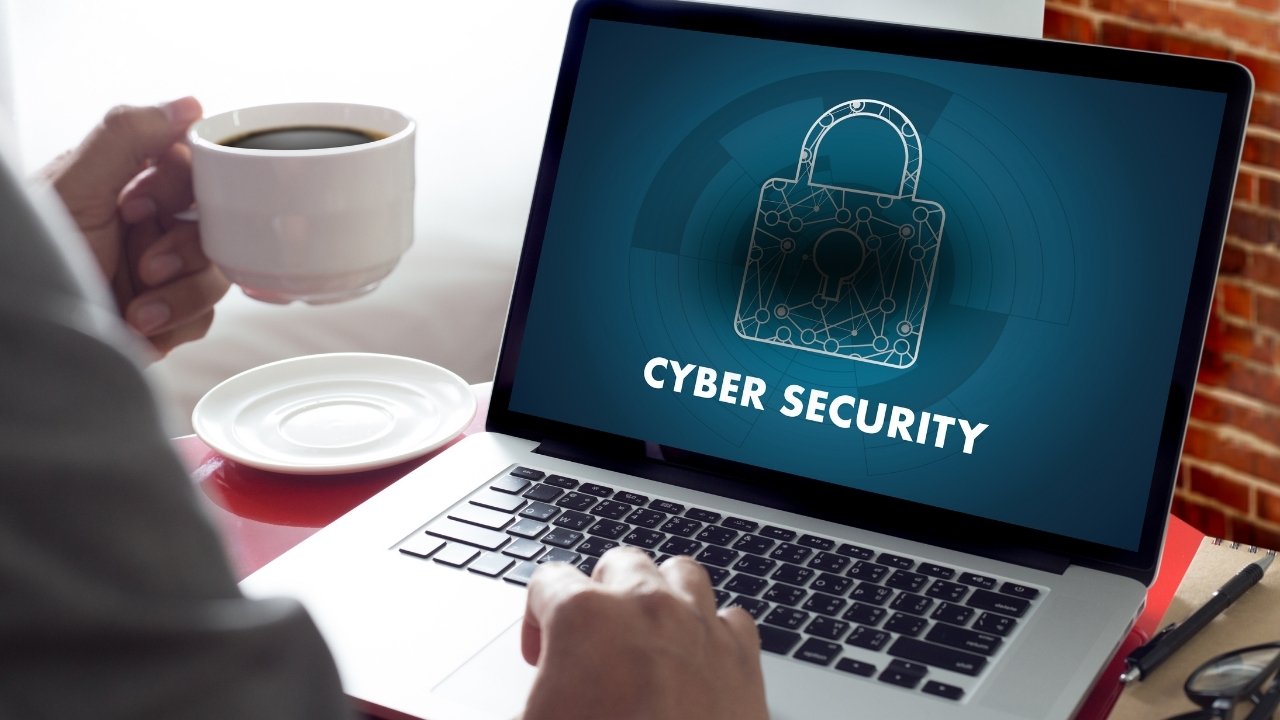In a significant stride towards enhancing cybersecurity and expediting justice, the Government of India has launched the e-Zero FIR initiative. This digital mechanism aims to streamline the reporting and registration of high-value cyber financial crimes, specifically those involving amounts exceeding ₹10 lakh. By automating the First Information Report (FIR) process, the initiative seeks to reduce procedural delays and facilitate prompt legal action against cybercriminals.
Currently operational as a pilot project in Delhi, the e-Zero FIR system is poised for nationwide implementation. The initiative is part of the government’s broader efforts to build a “Cyber Secure Bharat,” ensuring that citizens can report cybercrimes swiftly and efficiently, irrespective of their location.
What is e-Zero FIR?
e-Zero FIR is an automated system introduced by the Ministry of Home Affairs (MHA) through the Indian Cyber Crime Coordination Centre (I4C). It allows victims of cyber financial frauds exceeding ₹10 lakh to report incidents via the National Cybercrime Reporting Portal (NCRP) or the national helpline 1930.
Upon receiving such complaints, the system automatically registers them as Zero FIRs at the e-Crime Police Station in Delhi. These FIRs are then electronically transferred to the respective jurisdictional cybercrime police stations for further investigation.
How the System Operates?
1. Complaint Registration: Victims can file complaints through:
- National Cybercrime Reporting Portal (NCRP): Accessible online for reporting cybercrimes.
- Helpline 1930: A dedicated number for reporting cybercrimes.
2. Automatic FIR Generation: Complaints involving financial losses above ₹10 lakh are automatically converted into Zero FIRs by the system.
3. Electronic Transfer to Jurisdictional Police: The registered Zero FIRs are digitally forwarded to the appropriate cybercrime police stations based on the location of the complainant.
4. Validation by Complainant: Within three days, complainants must visit the designated cybercrime police station to validate and convert the Zero FIR into a regular FIR, ensuring the continuation of the investigation.
Legal Framework
The e-Zero FIR initiative operates under the provisions of the Bharatiya Nagrik Suraksha Sanhita (BNSS), 2023, which allows for the registration of FIRs irrespective of territorial jurisdiction. This legal framework ensures that cybercrimes can be reported and acted upon promptly, without the constraints of geographical boundaries.
Benefits of e-Zero FIR
- Expedited Registration: Automates the FIR process, reducing delays in legal proceedings.
- Jurisdiction-Free Filing: Enables victims to report crimes from anywhere, eliminating jurisdictional limitations.
- Enhanced Investigation Speed: Facilitates quicker action by law enforcement agencies, improving the chances of recovering lost funds.
- Increased Public Confidence: Encourages more victims to report cybercrimes, leading to higher detection and deterrence rates.
Challenges and Considerations
- Threshold Limitation: Currently, only cyber financial frauds exceeding ₹10 lakh are eligible, potentially excluding smaller yet significant cases.
- Mandatory Physical Visit: Complainants are required to visit the police station within three days, which may be inconvenient for some individuals.
- Digital Literacy: The effectiveness of the system depends on the digital literacy of the population, which may vary across regions.
Future Prospects
While the e-Zero FIR initiative is currently in its pilot phase in Delhi, the government plans to expand it nationwide. This expansion aims to ensure that all citizens have access to a streamlined and efficient process for reporting cyber financial crimes, thereby strengthening the nation’s cybersecurity infrastructure.
The e-Zero FIR initiative represents a significant advancement in India’s approach to combating cyber financial fraud. By leveraging technology to automate the FIR registration process, the government aims to provide swift justice to victims and enhance the overall efficiency of law enforcement agencies. As the system expands across the country, it holds the potential to create a more secure digital environment for all citizens.
